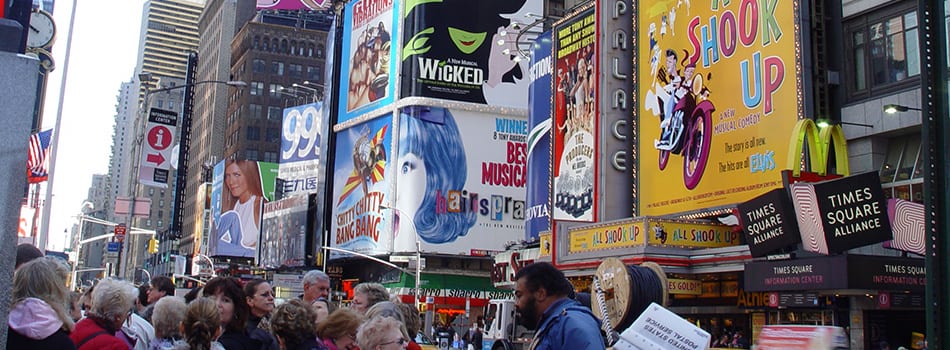New York Senator James Skoufis didn’t mince words in a recent interview with Rolling Stone, indicating that in his view, a large percentage of ticketing companies aren’t fulfilling their obligation to changes in New York’s ticketing regulations that require all-in pricing and disclosures of the face value for ticket listings on the internet.
“There is a lot of non-compliance there, no question about it,” Skoufis told the magazine. “There is no gray area here, it’s black and white. I think [the ticket services] are testing the boundaries of what they can get away with. The statute doesn’t provide for leeway. Either you’re showing all-in prices, or you’re disclosing the face-value prices, or you’re not.”
Rolling Stone took a look at the ticketing ecosystem in the wake of the New York laws, which went into effect over the summer after being passed by the state assembly and signed by the governor this spring. The adherence to the laws was spotty, at best.
StubHub and Vivid Seats, for instance, initially list a lower price when buying tickets to events, but only show the cost with fees when a user clicks on the tickets before heading to check out. For some of AXS’s New York events, all-in prices are shown right away, while at others like for multiple shows at Terminal 5, customers initially see a cheaper price before seeing the price with fees at the next window. While SeatGeek immediately shows the all-in price on its website, on its mobile app, the company only shows fees immediately if customers turn the filter on, but that filter button isn’t visible without scrolling. Ticketmaster appears to tack on a nominal fee on some orders that adds a couple dollars more to the price listed before checkout. (Ticketmaster’s president Mark Yovich tells Rolling Stone an order fee can’t be calculated until a customer selects how many tickets they’re buying.)
Beyond the all-in prices, nearly all of the secondary platforms aren’t regularly disclosing tickets’ original face value; only Ticketmaster and AXS, the two largest primary ticket providers, appear to be consistently complying with that law.
The issues with the face value might be bigger in scope, due to the fact that the ticketing platform is at the mercy of individuals listing tickets for sale on the platform to fill in that information. Face value as a concept is largely obsolete, given the increasing reliance on ticket surge pricing tactics from companies like Ticketmaster that often make seats in the same section wildly variable in price, depending on who bought them and when.
“My guess is [resale platforms] don’t know the original price and the only way is if the seller accurately submits it. They’re going to have to rely on the veracity of the seller,” AXS CEO Bryan Perez told Rilling Stone. “Original pricing is more challenging; it might even require integration with the primary ticketers to supply that information, but I don’t know if it’s entirely fair to put the onus of third-party compliance on the primary company. They need to find a way to solve their problem. They just have to be organized; it’s one extra step resellers need to take.”
But all-in pricing is a fairly simple concept – but one that several companies have shown a significant reluctance to embrace, even as organizations such as the FTC and even President Biden have made it clear that regulations are coming on the matter. Before the New York laws went into effect, TicketNews had found numerous companies would allow consumers to select to view prices including fees, but only a couple of marketplaces – MEGASeats, TickPick, and Ticket Club among them – regularly displayed all-in pricing by default.
Vivid Seats has been one of the lone holdouts against even showing a toggle to allow for the selection of all-in pricing, opting instead to display an artificially low price to those browsing tickets, then adding substantial fees at the last stage of the transaction to make up for the lower than wholesale amount shown at first glance.
“We fully support consumer transparency in our industry and worked with the sponsors throughout the legislative process,” a Vivid Seats rep said in a statement to Rolling Stone. “We have made the appropriate changes to our platform as required by the new law in New York.”
Skoufis’ office pushed back hard against the idea that any clicks were OK before a consumer was shown the price in New York.
“There’s a big difference between listing prices before a ticket is selected for purchase and at some point before a ticket is purchased,” says Evan Gallo, Skoufis’s chief of investigations and counsel. “It was directly our intent to take all clicking out of the equation. The arching intent of all-in pricing is immediate transparency. That is only facilitated when the first number you see is complete and truthful. Requiring a customer to click multiple times doesn’t follow that law.”
Skoufis indicated that he has been in contact with the New York Attorney General’s office to discuss enforcement of the statute for marketplaces that are not in compliance.




